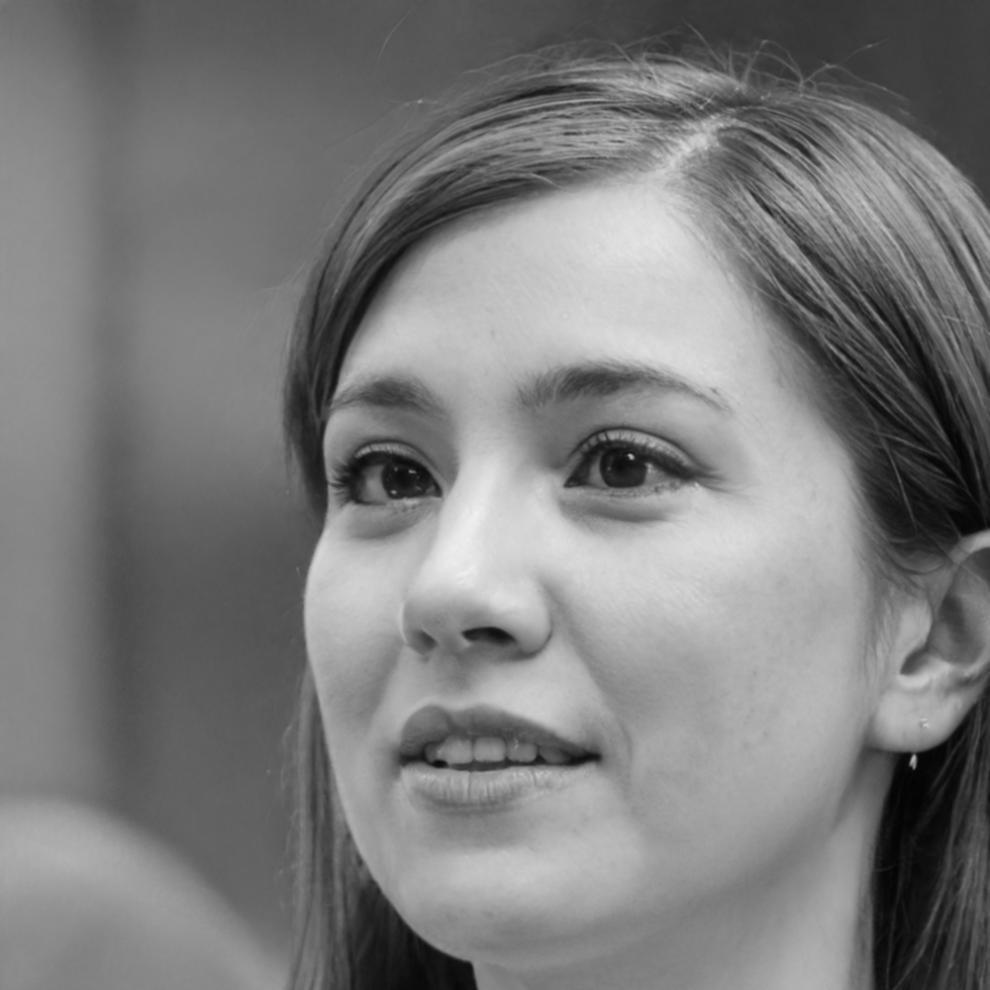The path from idea to funded startup
Most founders waste months figuring out what investors actually want. We break it down into clear stages so you spend less time guessing and more time building something that matters.
Four stages that actually work
We've watched hundreds of startups go through the funding process. Some sail through, others hit every possible wall. The difference? They understood the stages and what needed to happen at each one. Here's what we've learned from working with founders across Australia since 2019.
Foundation work
You start with an idea and maybe some rough numbers. We help you turn that into something investors can evaluate. Most people skip the hard questions here and pay for it later. You'll build a financial model that makes sense, validate your market size, and figure out who you're actually competing against. Takes about six weeks if you're focused.
Pitch preparation
Now you've got solid foundations, but investors won't sit through a 40-slide deck. We strip it down to what matters and teach you to deliver it without sounding rehearsed. You'll practice with people who've seen hundreds of pitches. They'll tell you exactly where you lose people and what questions are coming. By September 2025, you'll have a pitch that feels natural.
Investor connections
Cold emails to investors rarely work. We introduce you to the right people based on what you're building and where you are. Not every investor fits every startup. You'll meet angels, VCs, and experienced operators who can open doors. Some conversations lead to funding, others lead to advisors or customers. Both matter.
Closing support
You've got interest from investors. Now comes term sheets, due diligence, and negotiations. This is where founders make expensive mistakes. We walk you through what's standard, what's negotiable, and what should make you walk away. You'll understand the difference between valuation and actual terms that affect your business for years.

What makes this different
Most accelerators take equity and offer generic advice. We don't take equity. You pay a fixed fee and keep ownership of what you build.
We also don't pretend every startup needs the same thing. A B2B SaaS company needs different preparation than a consumer app. Hardware startups face different questions than service businesses. Your program gets customized based on what you're building and what stage you're at.
- Work directly with people who've raised capital themselves and know what actually matters to investors
- Get introduced to investors who fund companies like yours, not random networking events
- Practice your pitch with experienced founders who give honest feedback
- Understand term sheets and negotiations before you're sitting across from investors
- Keep full ownership while getting support that accelerators usually charge equity for

Brielle Kowalski
Program Coordinator
Start with a conversation
Not sure if this fits what you're building? That's normal. Most founders we work with weren't sure at first either.
Brielle coordinates our programs and talks to founders every week about where they are and what they need. She'll ask about your startup, what stage you're at, and what's blocking you right now. Sometimes we're the right fit, sometimes we're not. Either way, you'll walk away with a clearer picture of what your next steps should be.
Our next cohort starts in October 2025. If you want to be part of it, reach out before August. Spots fill up based on fit, not just timing.
Talk to Brielle